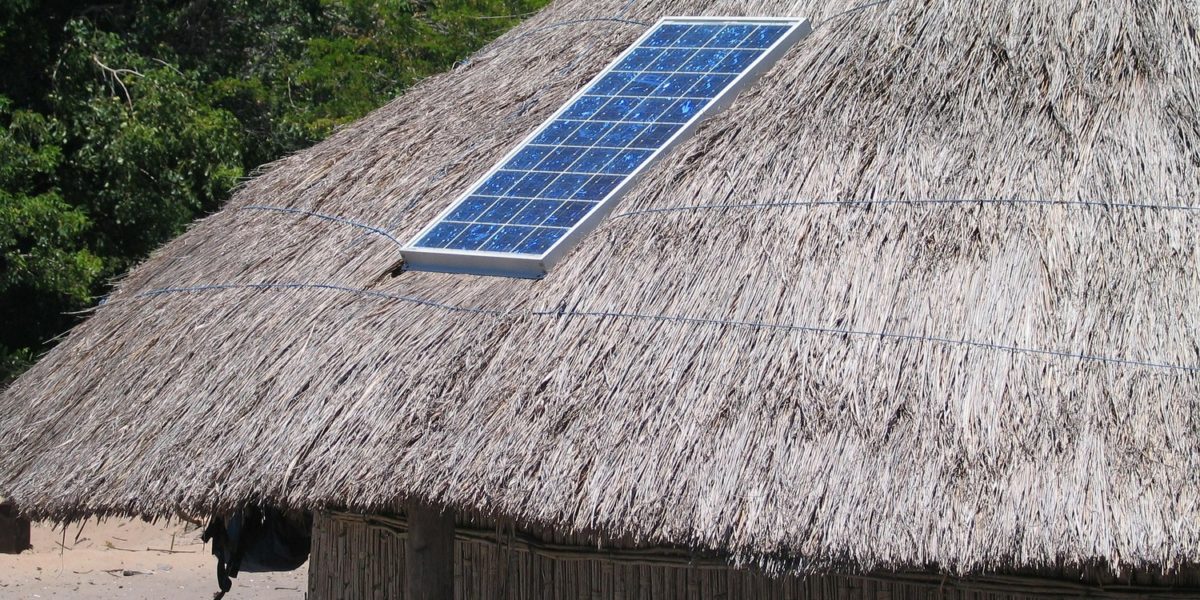Solar's central importance to the energy transition has again been highlighted, this time in a report into the progress of UN sustainable development goal (SDG) number seven.
Set in 2015, SDG 7 calls for “access to affordable, reliable, sustainable and modern energy for all” by 2030 and includes the goals of providing universal access to electricity and clean cooking, of improving energy efficiency and accelerating clean power deployment, and of financing those ambitions.
The latest annual update on the progress of SDG 7 was published last week by the International Renewable Energy Agency (Irena).
Funding fell
The 266-page document showed funds for SDG 7 slowed in all global regions except Oceania in 2019.
In that region, the rise in funding from $77 million to $132 million was mostly devoted to solar generation capacity, the report stated.
Funding for solar more than halved in western Asia and North Africa in 2019, from $1 billion a year earlier to $460 million, helping drive a 22% total year on year reduction in SDG 7 funding in the region, from $2.3 billion to $1.8 billion.
Sub-Saharan Africa
Sub-Saharan Africa saw only a 1.7% reduction in SDG 7 funding from 2018 to 2019, Irena calculated, with the $4 billion attracted amounting to 37% of global SDG 7 commitments to developing countries.
While a chunk of the cash was devoted to solar, the report noted PV funding was “no longer on the rise” in Africa in 2019.
Despite resilient funding for Africa, the study pointed out Guinea, Madagascar, Malawi, and Mozambique all saw the proportion of their populations without access to electricity rise, from 2018 to 2020.
Energy access
The study added only 12% of people in Burundi had access to electricity in 2020, only 11% in Chad, and only 7% in South Sudan.
While Chad and East Timor received SDG 7 funding in 2019, after an absence the previous year, according to Irena, Sao Tome et Principe, Eritrea, and Kiribati received nothing to drive the development goal in 2019.
The document stated 21% of renewable energy funding in 2019 went to solar, down from 24% a year earlier, from 28% in 2012, and from a peak of 51% in 2016 which was driven largely by projects backed by the International Finance Corp private sector arm of the World Bank.
The $10.9 billion total funds directed toward SDG 7 goals in 2019 was lower than the $11.2 billion recorded in 2010, according to the study, and well short of the $24.7 billion observed in 2017.
That could be in part down to donor nations diverting cash to their Covid-19 spending, the report noted, adding 90% of the $710 billion of Covid spending relevant to SDG 7 went to advanced economies.
Priced out
Rising energy prices saw 90 million people in Asia and Africa who previously had access to electricity become unable to afford power in 2021, the report said.
In terms of the outlook for SDG 7, attaining universal access to electricity will require 100 million new connections per year, with 80 million of them in Africa, according to Irena.
That will require $35 billion per year through to 2030, according to International Energy Agency (IEA) calculations, plus $6 billion per year for clean cooking.
The bill
Reaching a net zero carbon global economy by 2050 will require funding to hit $4 trillion per year by 2030, according to the body, and capping the average global temperature rise this century at 1.5 degrees Celsius will need almost $5 trillion per year through to 2030, according to Irena's figures.
Renewables project funding alone needs to hit $1 trillion to $1.7 trillion annually, the IEA has estimated, with more effort needed in the heating and transport sectors to match the achievements to date in clean electricity generation.
As things stand, Irena has predicted 670 million people will be without electricity at the end of the decade and 2.1 billion will lack access to clean cooking – which includes gas appliances.
This content is protected by copyright and may not be reused. If you want to cooperate with us and would like to reuse some of our content, please contact: editors@pv-magazine.com.




5 comments
By submitting this form you agree to pv magazine using your data for the purposes of publishing your comment.
Your personal data will only be disclosed or otherwise transmitted to third parties for the purposes of spam filtering or if this is necessary for technical maintenance of the website. Any other transfer to third parties will not take place unless this is justified on the basis of applicable data protection regulations or if pv magazine is legally obliged to do so.
You may revoke this consent at any time with effect for the future, in which case your personal data will be deleted immediately. Otherwise, your data will be deleted if pv magazine has processed your request or the purpose of data storage is fulfilled.
Further information on data privacy can be found in our Data Protection Policy.